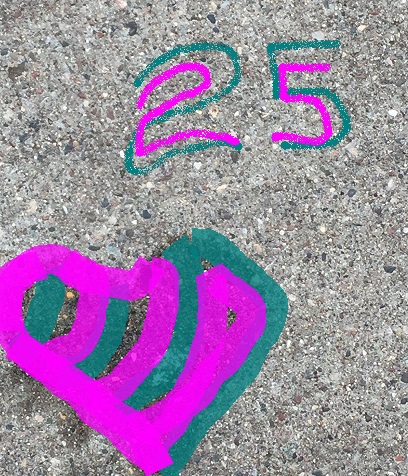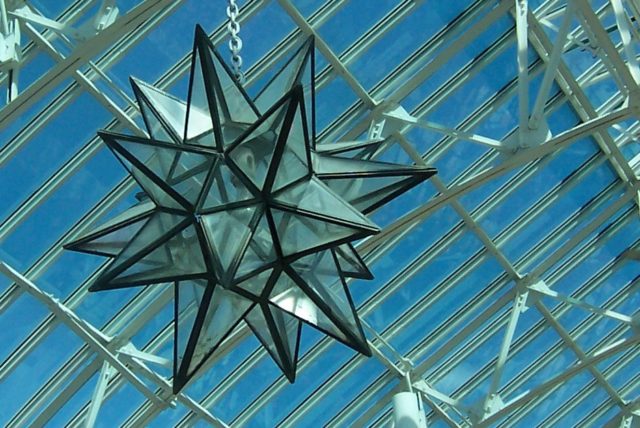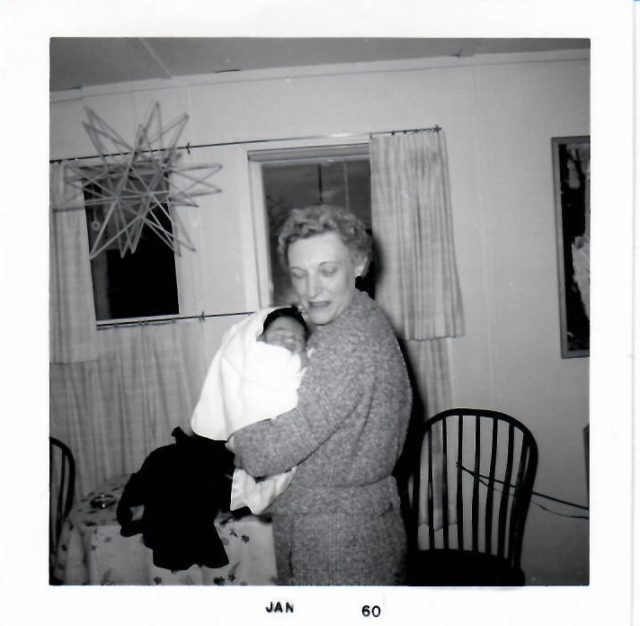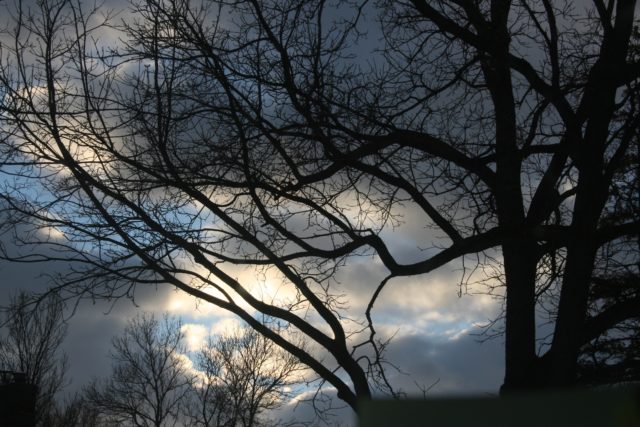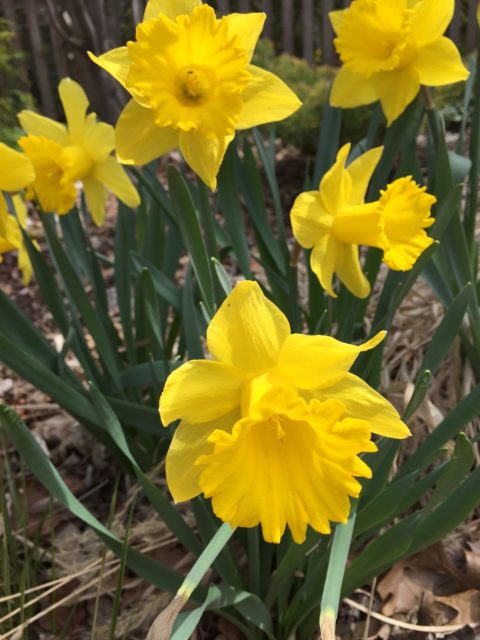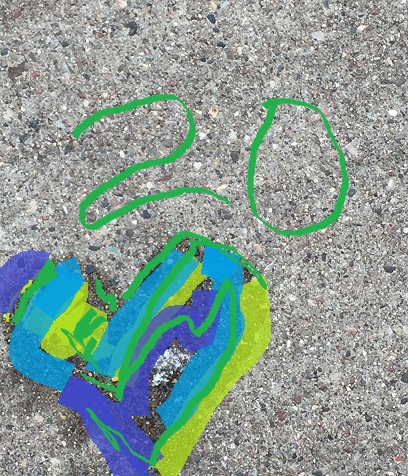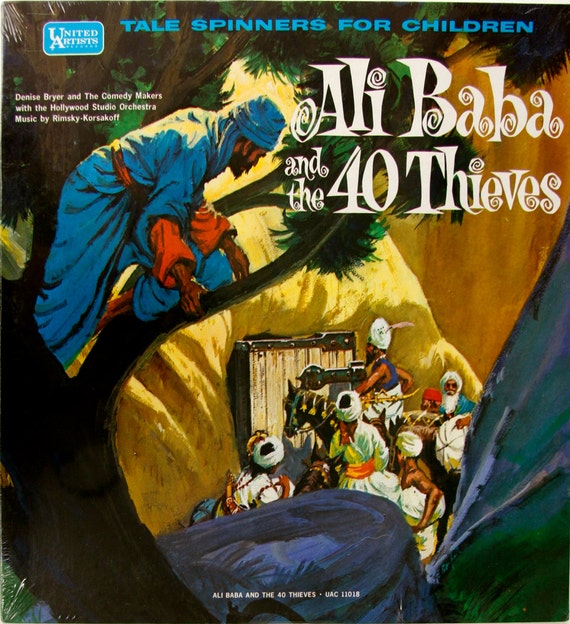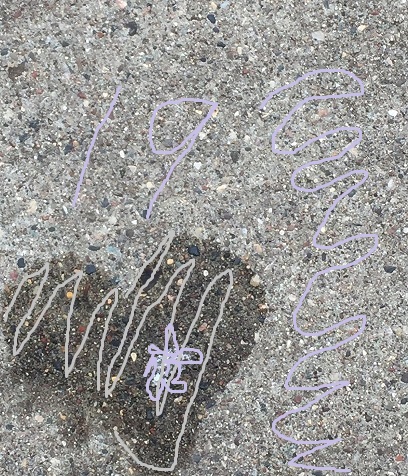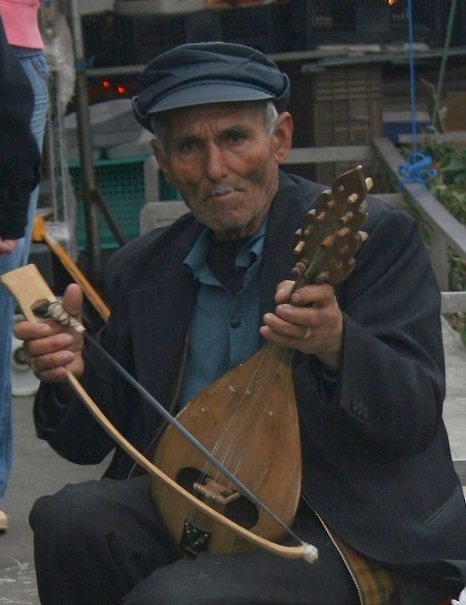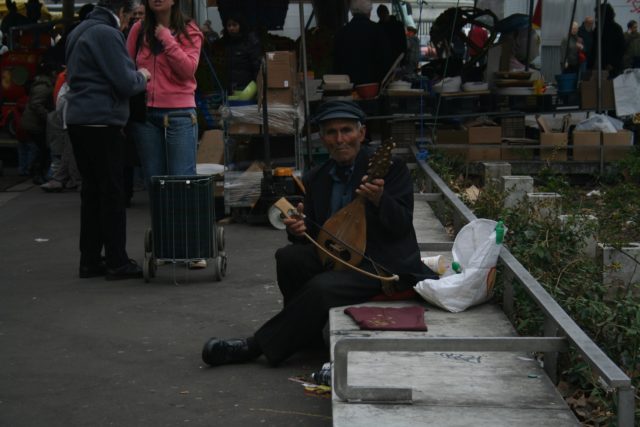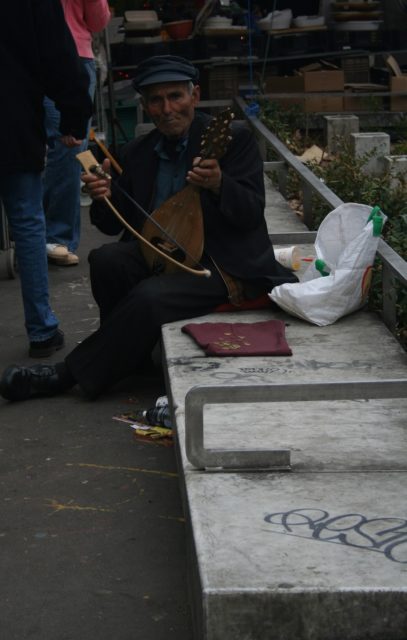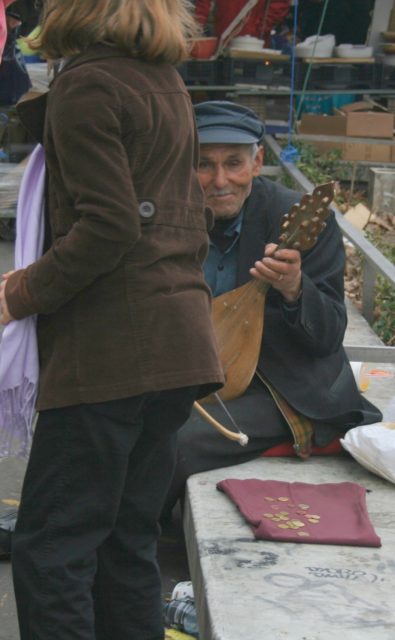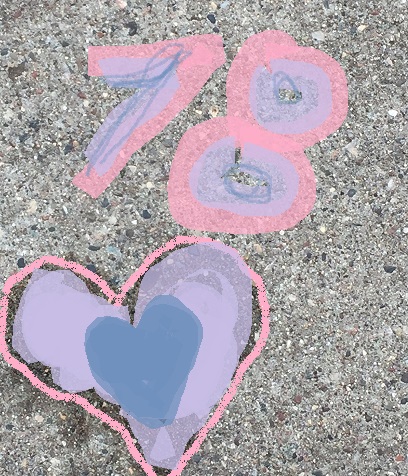Magi Minus Two
Snow falls outside
as he sets to work on his prototype.
First, he threads colored drinking straws
on string, fine-tuning
the count, the order,
getting proportions right.
Then he begins cutting
thin tubing—silvery
aluminum—working
late into the night, choosing
clear fishing line, tough
but fine.
This intent man, a college senior
majoring in math and physics,
is counting down the days until
Christmas, here in married
student housing, and the ten days
beyond, to my birth,
by quietly fashioning
a great stellated dodecahydron,
a form with twenty points arrayed
in three hundred sixty degrees;
a star to hang above
his dining table,
rigid and shining,
but collapsible, something
beautiful that could follow us
wherever he might lead:
its center open, able to hold
all the hope in the world.
Leslie Schultz
My father loved speculative thought, science fiction, and mathematical principles. When I was three, he attempted to explain a theory of time travel to me by making a paper loop and a paper mobius strip, then having me compare their surface areas and structures. He was also fond of relocating.
Although the poem imagines how it came to be, I recall this homemade star in all our homes (nine total) at least until we moved to Australia when I was twelve years old. I can also recall him talking about how he had made it, as well as packing, unpacking, repairing, and restringing this sculpture. When I called it a “star,” he corrected me with “dodecahedron” explaining that “do” signifining “two,” plus “deca” signifying “ten,” equaled “twelve.” (It still confuses me to me, as this form had twelve faces has more than twelve points. Perhaps one of you can elucidate?) It was not my first encounter with mathematics but it was, I think, my first encounter with Greek.
I took the image of the light fixture at Como Conservatory in 2004, shortly after my dad’s death in December 2003, and I sometimes make it into a Christmas card.
This image is of me with my dad’s mom, Grandma Phyllis, and, in the background, the original dodecadhedron of my world.
LESLIE
Check out other participants at the NaPoWriMo Challenge 2017 home site!


